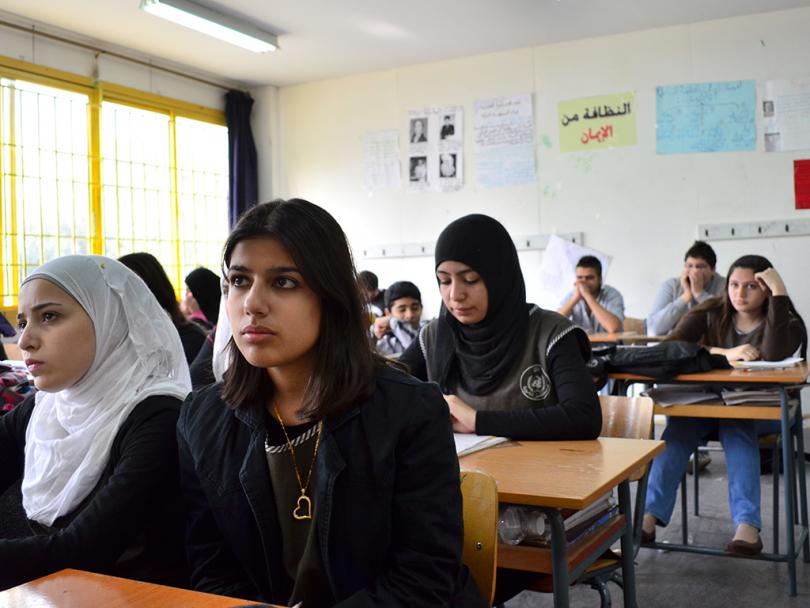
Resilient Lebanon
Lebanon is known for the warmth and resilience of its people, as discussed in the ETF's latest podcast. Unfortunately, in the last three years alone it has had to face frequent and devastating shocks to its society and economy. These have had serious ramifications for the education sector for example education demand has shifted from the private to the public sector due to the fiscal crisis. Although not all the challenges within the Lebanese education system can be attributed to events of recent times, they have intensified their severity and the need for solutions.
What is a resilient education system?
An education system’s resilience can be defined as the capacity of its actors to recover from shocks, stressors and vulnerabilities. There are various types of stressors, some of which develop over time to undermine the effectiveness of the education system, for example student dropout and underachievement, low teaching quality, regional disparities, incomplete data and information about school operations, all of which challenge policy-making and implementation. Boosting an education system’s resilience needs multi-level responses from the macro to the micro level, and the commitment of stakeholders to implement change and support the change process
What is the ETF doing in Lebanon?
The ETF recently made a diagnostic assessment of the education system in Lebanon to inform EU actions and programming. The main areas of the findings relate to inequality, financing, and resilience and governance. The diagnostic also aims to give stakeholders in the Lebanese education system support in learning from experience, anchoring achievements, and identifying windows of opportunity to reinforce future governance of the education system.
What are the recommendations of the diagnostic?
The diagnostic identified four critical dimensions for a resilient Lebanese education system, namely: a useful and comprehensive Educational Management Information System (EMIS); an effective funding mechanism; a planned and ready education workforce; and good governance.
To improve resilience and governance that will ensure equitable access to quality education for all attention is needed on: the institutional framework and building human capacity centrally, regionally and at the school level, particularly with regard to contingency planning, leadership, communication networks, monitoring and data use to allow for continuous learning, evidence and research.
Did you like this article? If you would like to be notified when new content like this is published, subscribe to receive our email alerts.